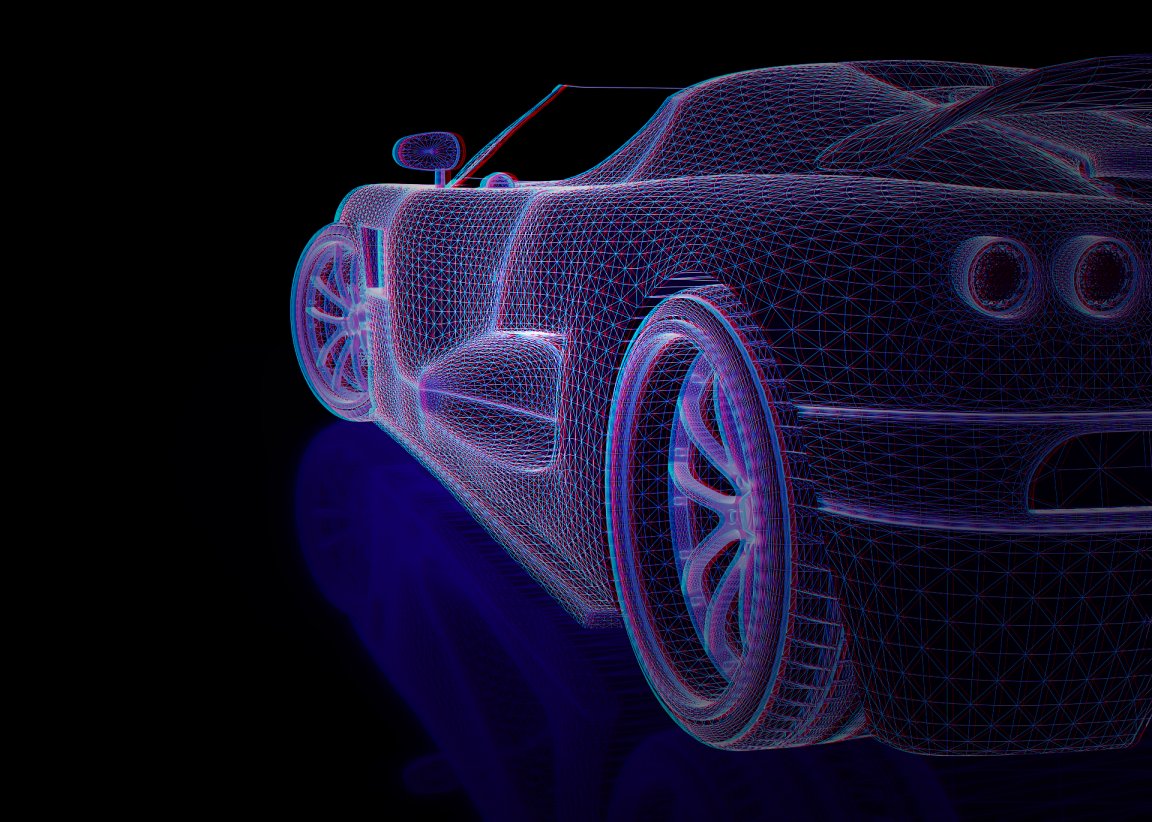
A newly released report from the Financial Times delivers a healthy mix of good and bad news regarding British technology company Dyson’s electric vehicle (EV) ambitions. The good news is that Dyson is planning to jump into the EV market with not just one vehicle, as previously reported, but three. The bad news? The first vehicle might not feature a solid-state battery.
In 2016, Dyson received a government grant to finance research into battery technologies, sparking rumors that the company had its eye on the EV market. The company’s founder, James Dyson, confirmed those rumors in September 2017, announcing plans to produce an EV by 2020.

That wouldn’t have been such a big deal except that Dyson planned to equip its EVs with solid-state batteries, which are safer, charge faster, and have a higher energy density than the lithium-ion ones currently used in EVs. In other words, Dyson would be releasing an EV with a remarkably better battery.
Everyone from Toyota to Google is currently working on developing solid-state battery technology, but Dyson’s 2020 goal gave it a good shot at being the first company to actually bring a solid-state battery-equipped EV to market.
After conducting interviews with more than 20 people, the Financial Times reported that Dyson may be scaling back its ambitions: the new goal being to simply release an EV with a lithium-ion battery in 2020. The company would initially produce 10,000 (or fewer) of that model, which would be followed up by two higher-volume vehicles.

Given the increasingly competitive EV market and Dyson’s inexperience as a car manufacturer, the company needs something to set itself apart. There’s still time, though: at the moment, Toyota is the only company with concrete plans to release its own EV with a solid-state battery before 2025.
If Dyson’s second and third vehicles are equipped with solid-state batteries, as one source told the Financial Times they would be, the company could still meet its goal of being first to bring the new technology to the EV market.